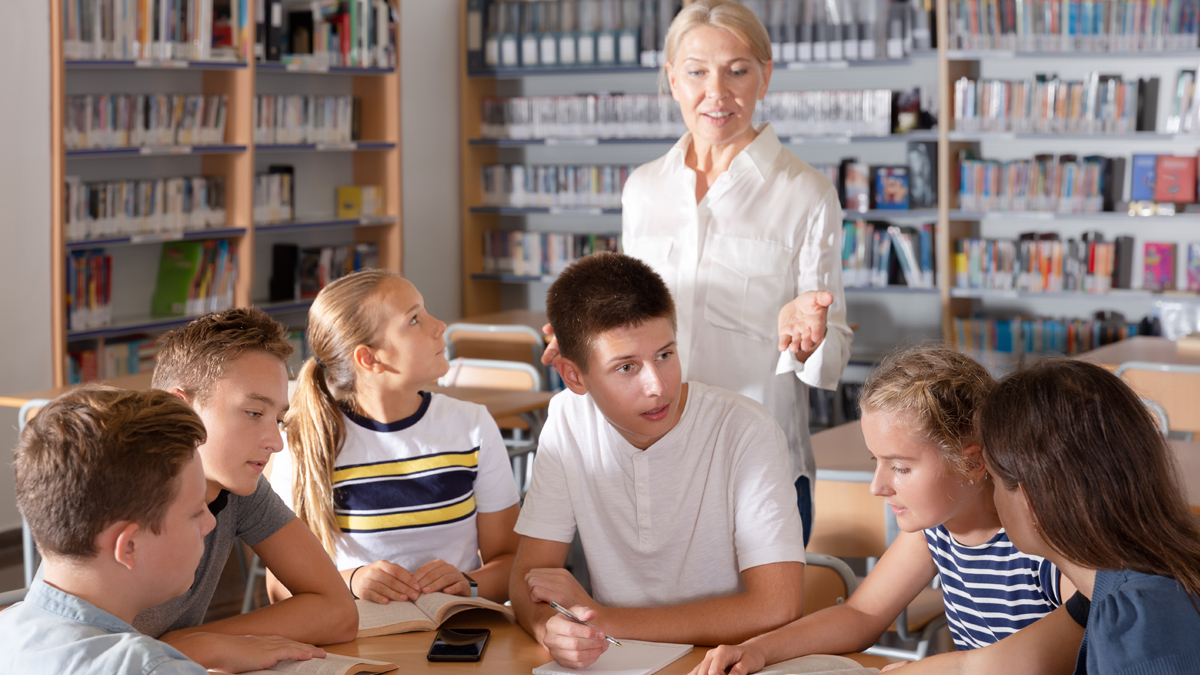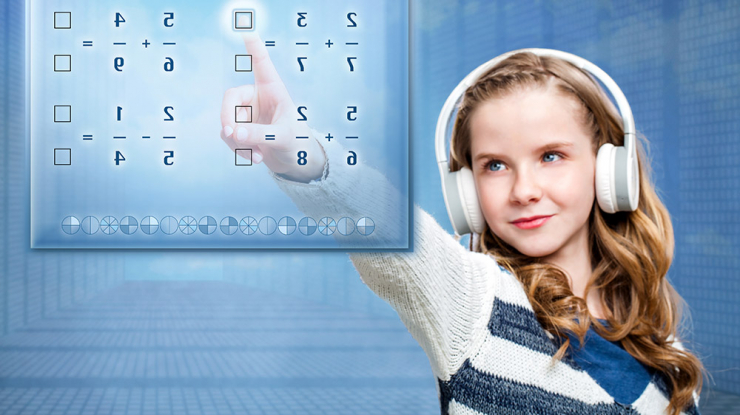These students are not just stubbornly cramming content taught by a teacher head-on. Rather, they find themselves in groups in which they first explore new topics independently and with their respective strengths and competencies. With the teacher as a source of inspiration and guidance.

This learning scenario is not new or has only emerged as a result of digitization. They have been discussed in educational science for a long time and have also been implemented in practice, for example, in educational institutions influenced by reform pedagogy. But they are not encountered in the everyday learning lives of most young people.
The development of competencies such as creativity, collaboration, communication, and critical thinking are often emphasized in many areas of education today - and not least by the Organization for Economic Cooperation and Development (OECD) - but they hardly play a major role in everyday school life.
Yet it is these competencies, among others, that enable young people to cope well with a dynamic, complex, and digitized environment. Competence-oriented learning environments should therefore play a greater role alongside frontal teaching.
With digital media, our world has changed drastically in a short period of time - and with it the tasks that people have to deal with on a daily basis in the world of work and in everyday life. However, the ubiquity of digital media does not automatically lead to goal-oriented use - whether in private or in professional everyday life.
According to Prof. Dr. John Erpenbeck, Professor of Competence Management at Steinbeis University Berlin, competence means "using acquired knowledge to be able to act in a self-organized and creative manner in work processes, especially in challenges that are open to the future. Given the speed at which digital innovations are taking place today, this is becoming increasingly important. However, competencies cannot be taught; they can only be built up in a self-organized manner while mastering real challenges."
In the professional environment in particular, it will be increasingly important for people to be able to learn and work together in virtual workgroups. In concrete terms, this means that beyond basic user skills, people must have the ability, for example, to share their knowledge in a comprehensible way and to assess information in terms of its consequences. Knowledge transfer will thus continue to be a central building block for all learning processes - including competence development, because according to Erpenbeck, this is built on knowledge. Like reading and writing, knowledge is a prerequisite for successfully completing tasks.
This development of the digital world has increased significantly in speed in many areas of life. For example, while students used to be able to rely on the content they found in an encyclopedia, today's access to information in the digital world is infinitely more diverse. Here, they encounter a wide variety of sources in their search, which must be classified and evaluated.
Competencies such as judgment and creativity are therefore much more relevant today than they were in the past. This is because they enable each individual to respond to the constantly changing demands of the digital world in a thoughtful and self-organized manner. So building young people's knowledge while fostering their skills prepares them for a world in which they can respond successfully to new tasks and problems.
 Teachtoday inspires and encourages cross-disciplinary and project-oriented knowledge transfer.
Learning by trial and error
Teachtoday inspires and encourages cross-disciplinary and project-oriented knowledge transfer.
Learning by trial and error
 Teachtoday spoke with the educator Sebastian Schmidt about the upside down classroom.
The teacher in your pocket
Teachtoday spoke with the educator Sebastian Schmidt about the upside down classroom.
The teacher in your pocket
The smartphone becomes a learning companion
Digital communication

